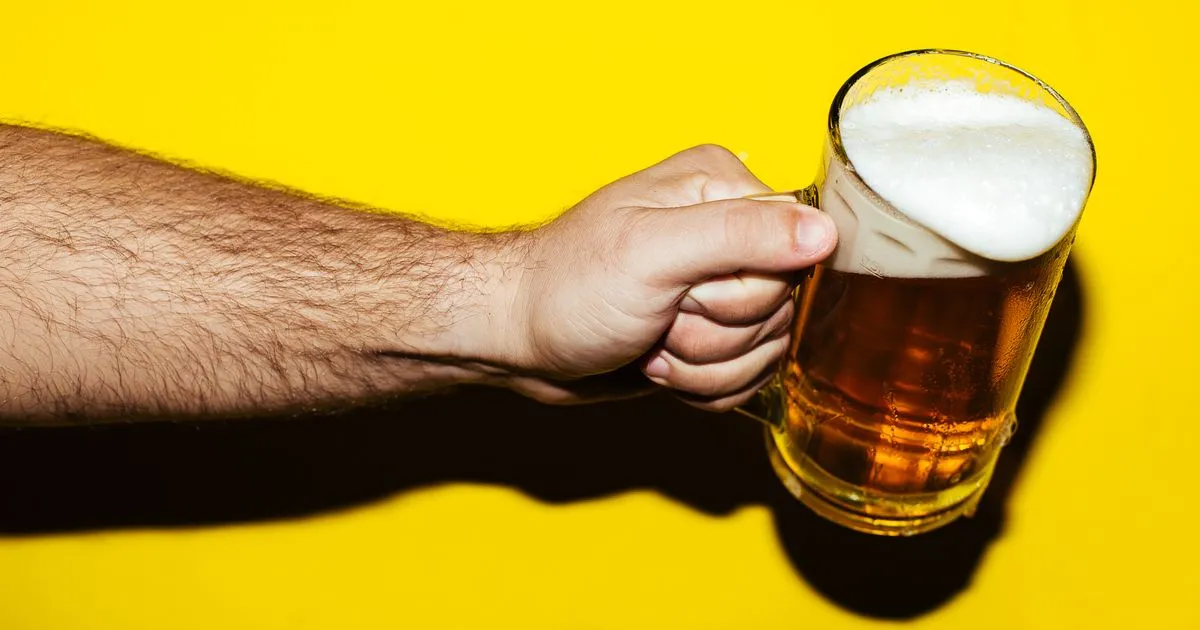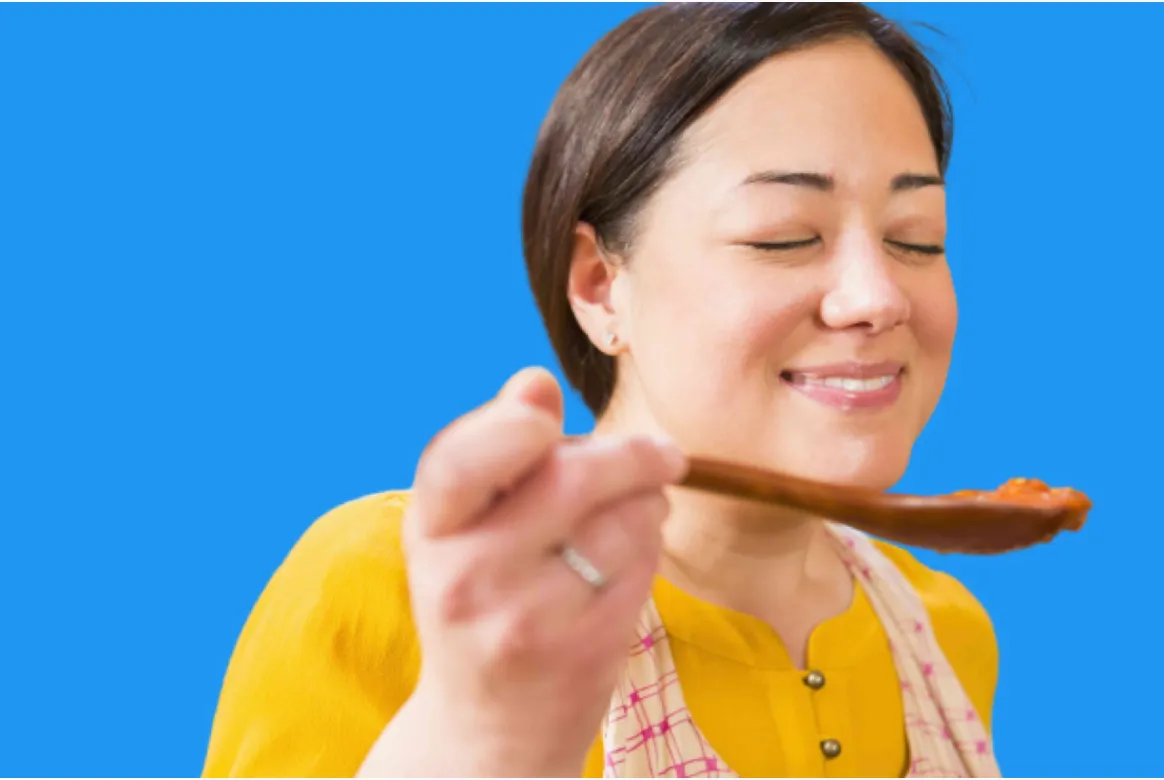Table of Contents
Emily Evans
Emily has worked in the media and communications industry in Western Australia as both a TV journalist and media advisor. She has a passion for scientific research and enjoys writing about the latest and quirkiest discoveries. Emily is also a big fan of going on adventures, eating Mexican food, and travelling the world.
At some point in your adult life, someone at the pub has probably told you ‘Don’t break the seal!’
It’s a popular and well-intentioned piece of advice.
But does the first pee after an alcoholic beverage really set us up for lavatory doom?
NO LAUGHING BLADDER
Alcohol is a diuretic substance, meaning it encourages urination when consumed.
It does this by suppressing vasopressin, a hormone that helps your body regulate its water levels.
Depending on your hydration level, vasopressin tells your kidneys to reabsorb water instead of flushing it out through the bladder.
So, when vasopressin is suppressed, your body sends much more water to your bladder, until you’re bursting for a pee.
POUR DECISIONS
All that being said, ‘breaking the seal’ is a myth because there’s no physical ‘seal’ to be broken.
The reason someone drinking alcohol needs to pee more often is simple. When you drink alcohol, you consume more fluid than your body can process.
An adult bladder only needs around 200 millilitres of liquid before the urge to urinate begins. Compare this to the average size of a pint of beer in Australia, which is 570 millilitres.
So after drinking one pint, or perhaps a few, your bladder starts signalling its need for release.
URINE TROUBLE
Some drinkers try to delay peeing for as long as possible in an effort to keep the (imaginary) seal intact – but this is a bad idea.
Keeping your bladder full for too long increases the risk of urinary tract infections (UTIs).
UTIs come with nasty symptoms which include: a burning sensation when peeing, and feeling the need to pee more frequently and urgently.
EAT, DRINK AND PEE MERRY
A 2010 study found that, if you are dehydrated before you drink alcohol, your body will retain the fluid in an attempt to restore balance.
Australian scientists found similar results in a study that suggested beer can help with rehydration, especially if electrolytes were added to the liquor.
This suggests the suppression of vasopressin could be lifted when your body is craving fluid – meaning you’ll feel less inclined to visit the toilet.
But be warned, drinking alcohol while dehydrated causes your blood alcohol concentration to increase more quickly.
This means you will feel its effect faster and for longer, including the morning after.
The easiest way to avoid heading to the pub bathroom after every round is to limit your alcohol intake.
But if you just can’t resist a Sunday sesh, try to sink some water before you sink more tins.






